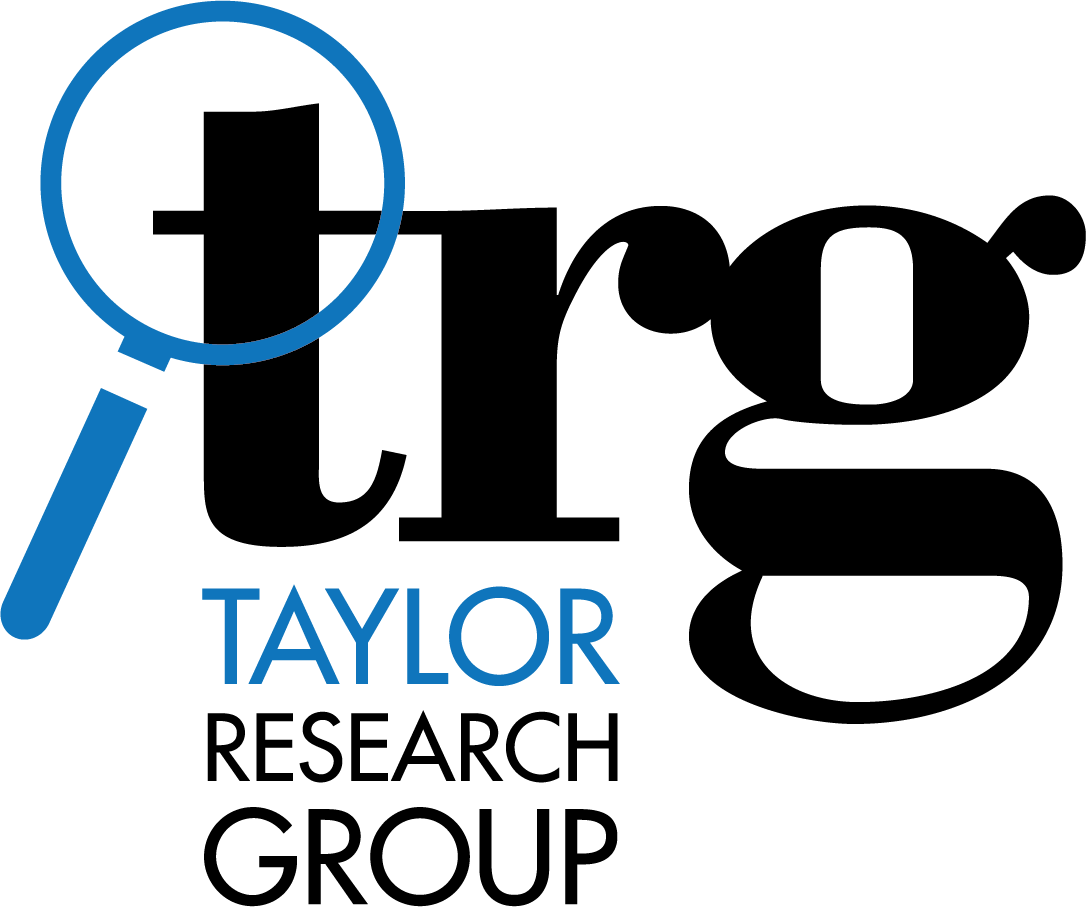There is more to October than falling leaves, pumpkin carving, and Trick-or-Treating. But, of course, you know this if you’ve been following us on social media! October is also American Archives Month, and we’ve been participating in its celebration in a variety of ways.
Credit: Society of American Archivists
This event, which has been held since 2006, promotes the diverse array of archival repositories and collections found throughout the country. In the words of David Ferriero, the Archivist of the United States, this is a “collaborative effort by archives at all levels to highlight the importance of historical materials of enduring value, and efforts to preserve and provide public access to them.”
We can’t underscore Ferriero’s use of the word importance enough. As professional, historical researchers, we rely on archives, archival collections, and the archivists who preserve them each and every day to carry out our research. Archives hold many types of the documents we are routinely asked to find. Such documents provide our legal and business clients with insight into a variety of matters, such as the lineage of a corporation, the historic operations and activities that took place at an industrial facility, the environmental impact of a once revolutionary but now controversial chemical process, or even the role of the government in disputed land transactions.
This infographic lists many of the documents we are routinely asked to locate and collect by our clients.
Given its sheer size and expansive volume of holdings, it’s natural that the majority of our research begins with a visit to the repository that Ferriero leads and the one that happens to be the country’s largest: the National Archives and Records Administration (NARA). But we regularly must work in state, regional, and local archives to gather all of the documentation our clients need. The disparate nature of archives is one of the challenges we face in our line of work. It is highly unusual for one repository to hold all of the documents we need to fully answer our client’s historical questions because each has a very specific collection policy.
In fact, in our many years of research, we’ve learned that even for the most seemingly random of historical inquiries, there is some archives somewhere that holds documentation that can provide answers to those of us seekers, whether professional or not. That’s the fun part of our job! We get to visit many unique and interesting places as we work to track down relevant documentation. Though we’ve yet to conduct research at The Museum of Flight (TMOF) in Seattle, WA, we can use it as an example of a not-so-obvious repository we might one day find ourselves in. Why might we visit a museum dedicated to preserving and exhibiting air and space artifacts, technology, and history? Well, within its fairly expansive archival collection lay 18,000 aircraft manuals and technical reports that could be used to answer a variety of questions for a potential client involved in a product liability case, for example.
What never ceases to amaze us is the access we’re granted to such valuable historical documentation, as Ferrerio made reference to in his quote above. This access is often free of charge, or, if fees do exist, they’re quite minimal. If we ever do find ourselves in need of TMOF’s archival resources, for example, we wouldn’t even need to pay admission to the museum to conduct research there. That’s pretty impressive! And just like the TMOF, there is typically no monetary key required to unlock the vast majority of other archival treasure troves, whether public, private, analog, or digital. This means that all members of the public can utilize many repositories’ archival holdings, from novice students conducting research for history papers, to family members who picked up genealogy as a hobby, to military veterans who need more information about their service to pursue a claim, to professional researchers like us who use archival documents in support of clients involved in, among other things, litigation.
The challenge related to access most often stems from the volume of important archival documents that must be collected, preserved, and then somehow made accessible. It can take years for archivists to adequately weed through collections, describe them, and create finding aids that can be put online for researchers to discover on a database like WorldCat. Adding to this particular challenge is the growing demand for collections to be digitized so that researchers can peruse them online. Archivists are working hard to meet this demand, but digitizing entire collections is often expensive, time-consuming, and technically difficult.
The City of San Antonio’s Municipal Archives & Records division is a great example of an archives at the local level working to provide access to digitized collections. Above is a sample of their Civil Engineering Survey books, which could prove useful for historical researchers like us.
Hence the reason for American Archives Month! This is a wonderful way to not only raise awareness for the field of archives and the professionals who work in it, but to also advocate for more funding and resources to ensure the continued preservation of and access to historical documents of value.
Want to continue celebrating American Archives Month? Check out some of the resources below!
Society of American Archivists
This organization promotes the value and diversity of archives and archivists. The link we provided lists the events being held by archives throughout the country in honor of this year’s American Archives Month.
There’s An Archivist For That!
This series hosted by ArchivesAWARE features interviews with archivists from a variety of repositories such as TMOF Reference Archivist Jenn Parent.
NARA’s American Archives Month Dedicated Webpage
NARA participates in a different way each year. This year, it hosted #AskAnArchivist day and held a conversation about e-records on Twitter. We found its 2016 blog series for American Archives Month particularly interesting as it focused on its own leadership efforts related to managing e-records in the federal government.



